Humans
-
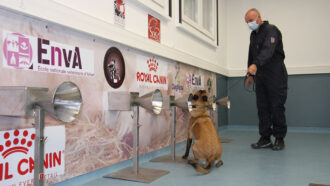 Animals
AnimalsViral scents? Dogs sniff out coronavirus in human sweat
Researchers train dogs to sniff out COVID-19. In the United Arab Emirates, sniffer dogs have already begun identifying infected passengers at airports.
-
 Archaeology
ArchaeologyUnderground mega-monument found near Stonehenge
Archaeologists used high-tech tools to uncover ancient underground pits near Stonehenge. The find may offer insights into Britain’s Stone Age culture.
-
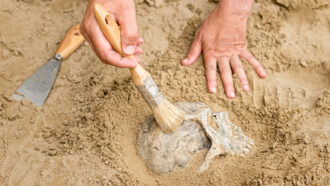 Archaeology
ArchaeologyScientists Say: Archaeology
People leave things where they’ve been — old buildings, trash heaps and human skeletons. Archaeology is the study of those left-behind things.
-
 Humans
HumansWhen it comes to downing hot dogs, science says there’s a limit
Humans may be able to eat only 83 hot dogs in 10 minutes, new research suggests.
-
 Health & Medicine
Health & MedicineCoronavirus outbreak at camp infected more than 200 kids and staff
Think kids don’t get COVID-19 and spread it? Think again. An outbreak at a Georgia summer camp left 260 people infected. The rate was highest in kids under 10.
-
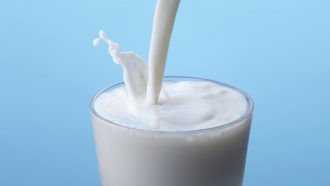 Health & Medicine
Health & MedicineCan we taste fat? The brain thinks so
Scientists had not considered fat a 'taste.' The brain begs to differ, new data show.
-
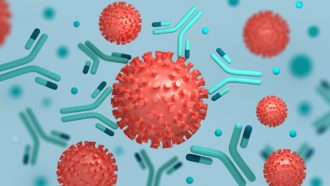 Health & Medicine
Health & MedicineExplainer: What are Antibodies?
Antibodies are one of the major players in the immune system’s attack against germs. Learn what they are, what they do and how they keep us healthy.
-
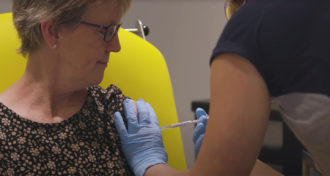 Health & Medicine
Health & MedicineNew COVID-19 vaccines show promise in people
Early data from human trials show that several candidate COVID-19 vaccines produce virus-inactivating antibodies and immune cells that fight the virus.
-
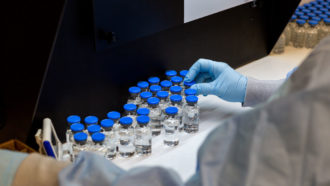 Health & Medicine
Health & MedicineRemdesivir is looking even better at fighting COVID-19
New studies suggest the drug remdesivir not only speeds recovery of COVID-19 patients in the hospital, but lowers their risk of death from the virus.
-
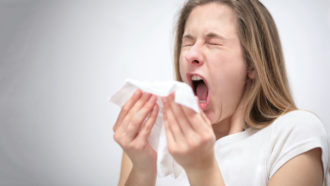 Health & Medicine
Health & MedicineAh-choo! Healthy sneezes, coughs sound just like sick ones to us
Think you can tell a sick cough from a healthy one? Think again. New research finds the human ear isn’t sensitive enough to tell the difference.
-
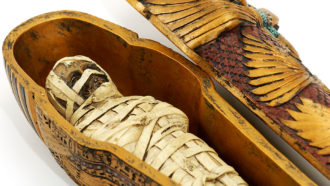 Archaeology
ArchaeologyLet’s learn about mummies
A mummy is a preserved body. They’re fun and spooky, but also a great chance to learn about people of the past.
-
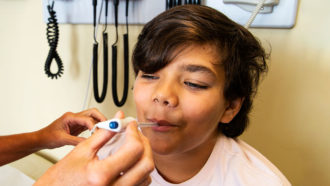 Health & Medicine
Health & MedicineMillions of likely U.S. COVID-19 cases have gone undiagnosed
Over just three weeks in March, some 8.7 million people in the United States may have contracted COVID-19. That far surpasses the official tally.